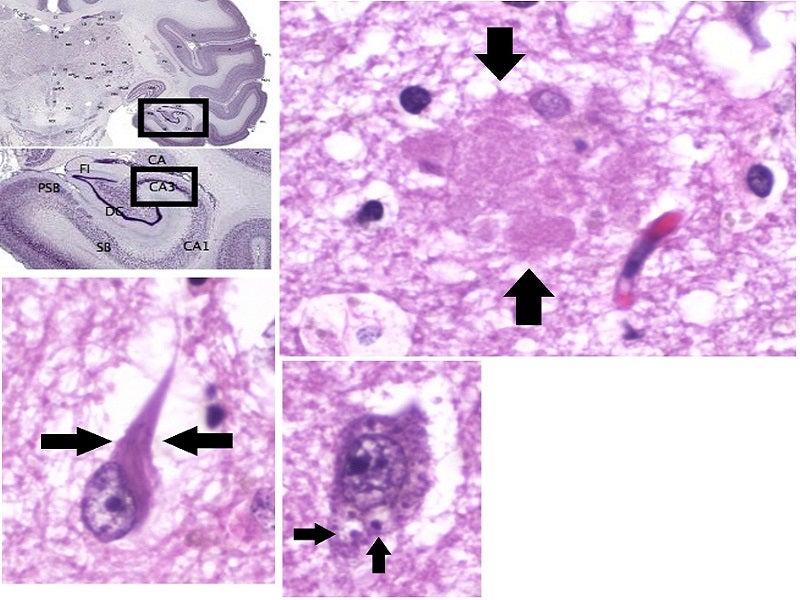
AC Immune has reported positive initial interim data from the Phase Ib/II ABATE trial of its ACI-24.060 anti-amyloid-beta (Abeta) vaccine in prodromal Alzheimer’s disease (AD) patients.
The randomised, adaptive, placebo-controlled, multicentre, double-blind ABATE study was designed for evaluating the immunogenicity, safety, pharmacodynamic effects, and tolerability of ACI-24.060 in prodromal AD patients and Down syndrome (DS) adult patients.

Discover B2B Marketing That Performs
Combine business intelligence and editorial excellence to reach engaged professionals across 36 leading media platforms.
The findings showed that the ACI-24.060 vaccine elicited an anti-Abeta antibody response in ABATE’s first, low dose cohort of AD patients at week six.
It was also found to be well tolerated and safe till date.
Now, the ABATE study will be expanded to include DS patients and assess higher doses of the ACI-24.060 vaccine in AD patients.
AC Immune stated that dosing has now commenced in the ABATE study’s second, higher dose AD cohort, with these initial findings.

US Tariffs are shifting - will you react or anticipate?
Don’t let policy changes catch you off guard. Stay proactive with real-time data and expert analysis.
By GlobalDataThe screening of DS participants for the second part of the study is also cleared to begin.
AC Immune chief medical officer Dr Johannes Streffer said: “ABATE’s innovative design includes interim Abeta PET imaging analyses that can be benchmarked against the levels of plaque clearance achieved with clinically-validated monoclonal antibodies.
“This will provide an opportunity for early de-risking of ACI-24.060 and potentially a rapid transition to a pivotal programme.
“Moreover, the inclusion of cohorts of participants with DS in the trial positions us to potentially address the needs of a vastly underserved vulnerable population, virtually all of whom will develop amyloid plaques and AD.”
The company expects to receive further safety and immunogenicity findings from ABATE cohorts in the second half of this year.





